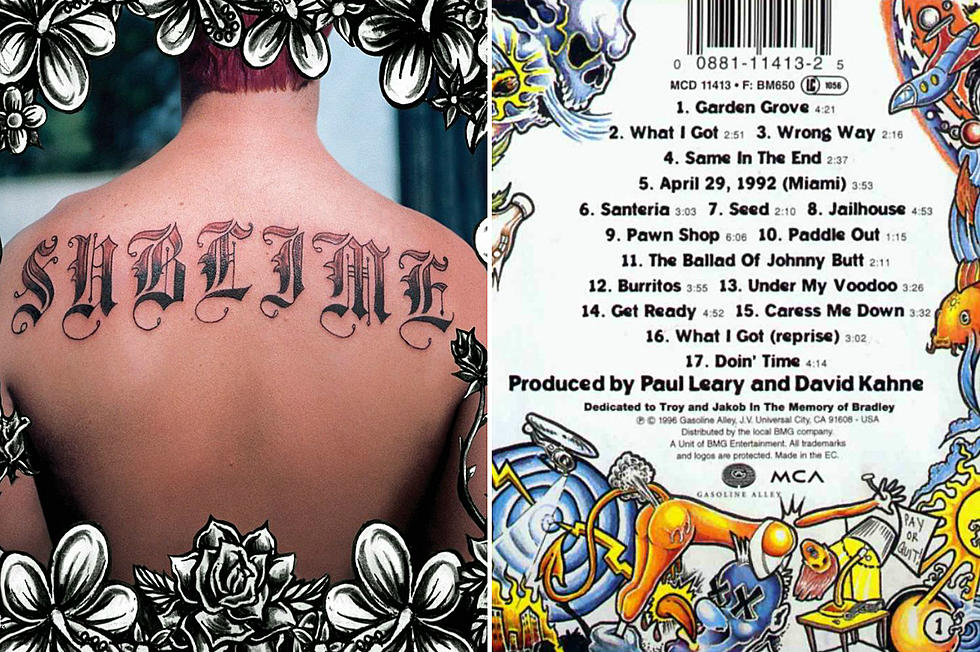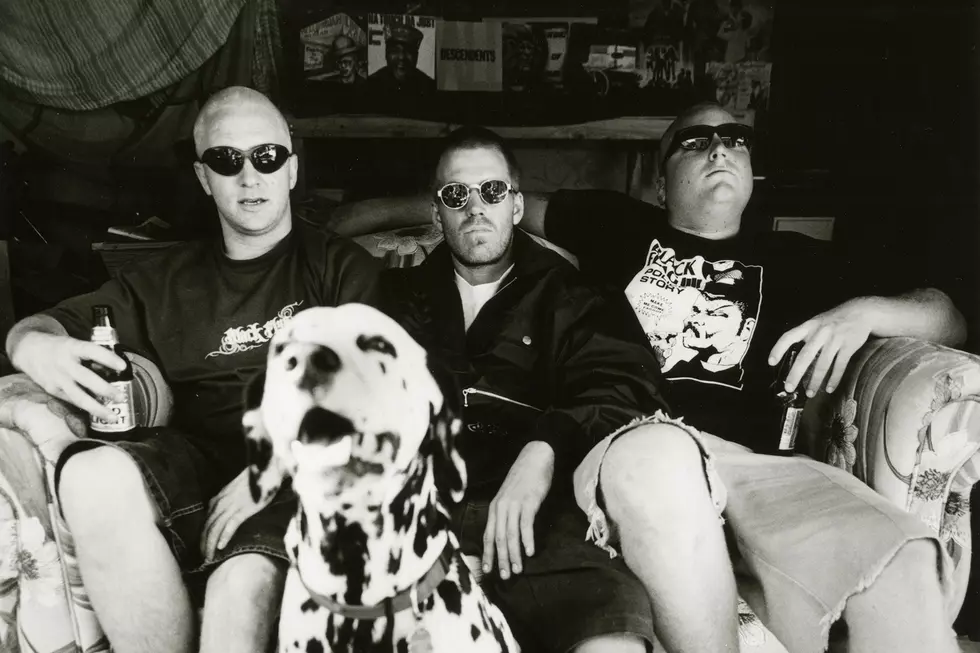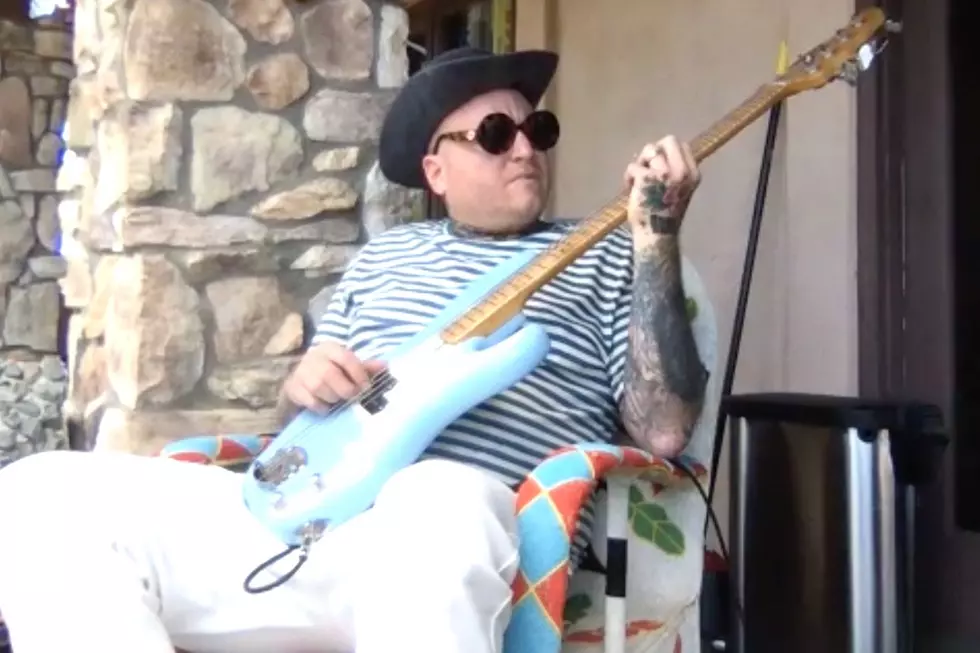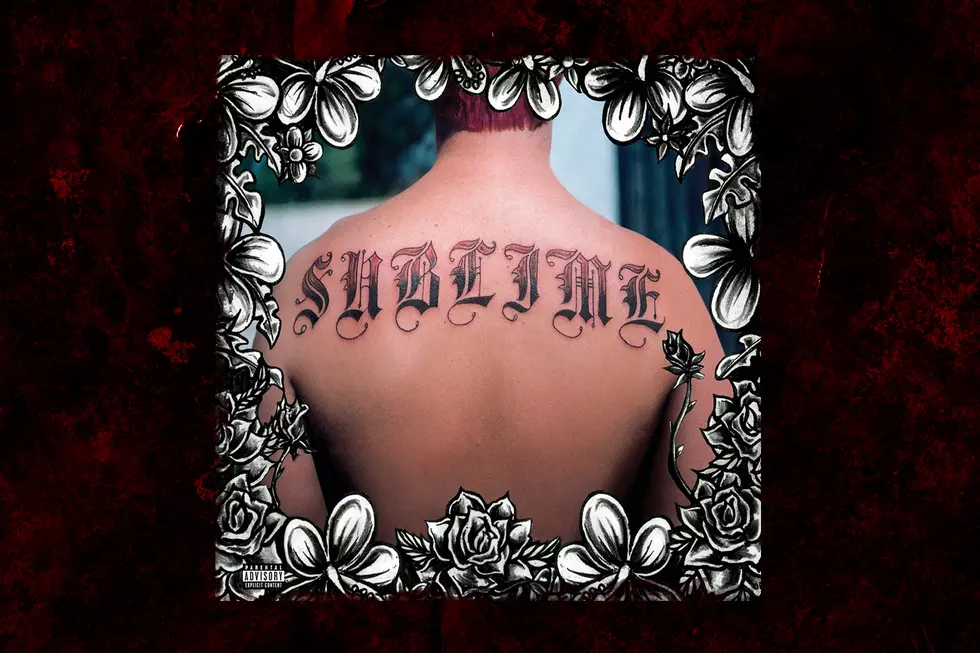
‘April 29, 1992 (Miami)’ — Why the Sublime Song’s Name Doesn’t Match the Lyrics
On this day of infamy, we look back at the Sublime classic 'April 29,1992 (Miami)' and examine why most of you are calling me an idiot right now for listing the incorrect date and city in the title. Well, it's a little more complicated than that.
Sublime's self-titled album rocketed them into the limelight in the summer of 1996, a victory that was bittersweet due to the death of frontman Bradley Nowell three months prior to the release. The album contained spawned several radio hits as well as some of their best-known album cuts, such as 'Garden Grove,' 'Pawn Shop,' and 'Caress Me Down.'
Another beloved deep cut tells the tale of the 1992 L.A. Riots, which were an immediate response to the acquittal of 4 police officers that were infamously captured on camera excessively beating Rodney King during a traffic stop.
The name of the song is 'April 29, 1992 (Miami).' I know a lot of you are saying, "No it's not. Everybody knows the words are 'April 26th, 1992.'" Yes, those are the words to the song... also, Miami? Why would they subtitle a song about Los Angeles as Miami? Both are fair and completely reasonable thoughts. Let's get into why the title of this song is so baffling.
The lyrics are, in fact, different from the title. The song's opening lines are:
"April 26th, 1992
There was a riot on the streets
Tell me where were you?"
You might be saying, "why is the date different from the title?" Well, here's the thing -- the L.A. Riots began on April 29th, 1992. That's what the song is about, so that's why it's named that. According to Wikipedia, Bradley mistakenly sang "April 26th," but it was such a strong take of the recording they decided to keep it in. The fact that it was a mistake has been confirmed by the band on a few occasions, as seen below.
Honestly, I think it works better than the real date. It just flows better. It's reminiscent of how Steve Perry sang "born and raised in South Detroit" in Journey's 'Don't Stop Believin'' because rhythmically it sounded better than North, East, or West. I'm sure they had no idea at the time that Detroit is rare in that there really is no area considered "South Detroit." South Detroit is Canada.
In both cases, the lyrics were inaccurate. However, I think the existing lyrics in both songs, while factually inaccurate, sound better. Isn't that the most important thing when making music? Go read a book if you want a history lesson.
Now the Miami issue is a little less clear. In the final verse -- or the "shout-outro," or "shoutro," I don't know what to call it, but the last set of stuff he says -- Bradley names a bunch of cities. In that portion, he definitely mentions the titular city. In fact, they get the first shout out:
"Let it burn, wanna let it burn
Wanna let it burn
Wanna, wanna let it burn
(I'm feelin' Sad and...)
Riots on the streets of Miami
Woah, riots on the streets of Chicago
On the streets of Long Beach..."
So what is the significance of that? I have no idea. If I had to guess, (Miami) was included only to refer to that particular recording of the song. Yes, there are other versions of the song. One of which appears on 'Second-hand Smoke,' a compilation of unreleased recordings, demos, remixes, and alternate versions of songs released by the band in 1997. It was titled 'April 29, 1992 (Leary).'
This version includes the correct date in the opening lyric (it sounds so weird), but does not feature the same final verse with the shout outs of all the cities. This recording has a more conventionally sung verse at the end. One can only assume this final verse was referred to as 'Leary' while the one on the originally released version was referred to as 'Miami,' and was only included to refer to them separately during the recording. For whatever reason, the subtitle made to the final tracklist.
So there you have it -- an exhaustive explanation about how a guy who was probably incredibly high made a mistake on an album that sounded better than what was correct. Rock and roll, people. You gotta love it.
More From Banana 101.5









